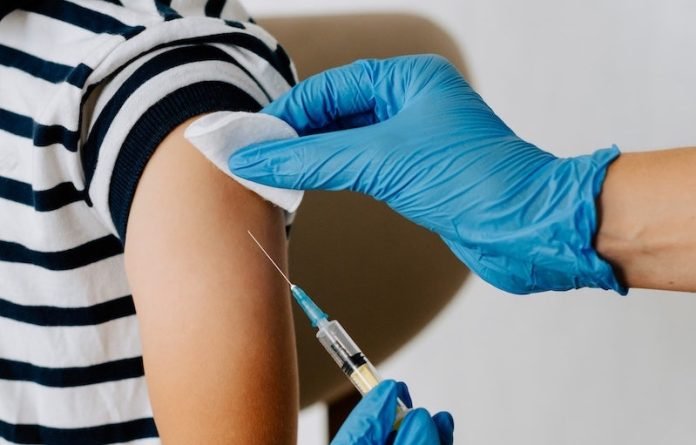
In a study from University College London, scientists found a small increase in the number of people having two vaccines against COVID-19 was more effective in controlling the virus during Europe’s fourth wave—when the omicron variant appeared—than the rapid uptake of booster vaccines.
They found that a 4.2% increase in the number of people having two doses (full vaccination) led to a 54% reduction in case rates across Europe—despite the detection of the highly infectious omicron.
Meanwhile, although average booster vaccination rates for the elderly and vulnerable increased from 2.71% to 24.5% it was found to provide no big additional benefit for preventing COVID-19 cases.
The findings highlight why full vaccination is vital to controlling the spread of COVID-19.
Although vaccines may become less effective over time they still prevent some cases, and in doing so, help to buy time to scale-up other defense measures in the critical few weeks after new variants arrive.
The team says with only 20% of people in low-income countries fully vaccinated, scientists are urging governments and authorities globally to step up a policy of full vaccination for all.
In the study, researchers examined the impact of vaccination on COVID-19 case rates across 32 countries in Europe from 13th October 2021 to 1st January 2022.
Europe’s fourth wave started in mid-October 2021 and by early November, Europe was once again “at the epicenter” of the pandemic, according to the World Health Organization (WHO).
This was attributed to a combination of insufficient vaccine uptake and a relaxation of public health measures.
At the end of November 2021, omicron had also been reported in the region and by 16th December the variant had been reported in all but three European countries—with case rates jumping from 240 per million at the start of the study period to 1,239 per million by the end.
During this time, European countries increased their public health restrictions, for example by implementing travel constraints.
However, restrictions were also found to have little impact on controlling the virus, as case rates fell by just 2% for every one-point increase in Stringency Index.
It should be noted that most European countries did not ban public events, close schools or businesses, or institute widespread lockdowns. The analysis was therefore not able to capture the impact of severe public health restrictions.
The results suggest that a small increase in full vaccination coverage prevented many COVID-19 cases over the last few months of 2021, across Europe.
This protective effect decreased over time but remained significant up to five weeks after the omicron variant was first detected in Europe.
If you care about COVID, please read studies about the cause of post-COVID syndromes, and how vitamin B may help fight COVID-19.
For more information about COVID, please see recent studies about mouthwashes that may suppress the COVID-19 virus, and results showing rare blood clots after COVID-19 vaccination.
The study was conducted by Dr. Vageesh Jain et al and published in the International Journal of Public Health.
Copyright © 2022 Knowridge Science Report. All rights reserved.



